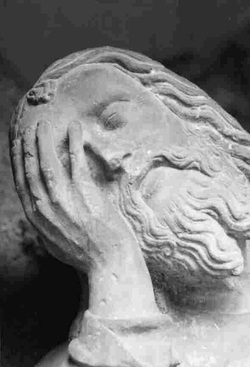
Dreaming is a universal and well-documented human phenomenon. It has now been proven conclusively that not only do we dream every night, but we must dream in order to maintain a healthy psychological equilibrium. This fact did not escape the ancients, who devised sacred places, rituals, traditions, and handbooks, all designed to employ dreams as one tool to foster a degree of healing for those suffering physically and mentally. Most people are very familiar with those nocturnal nightmares that command our attention in a dramatic and disturbing manner. Other dreams are less frightening, but no less perplexing. What meaning do they carry for one’s life? How is one to understand their cryptic, symbolic, and often seemingly nonsensical language? Can they really bring a sense of healing to someone who is hurting? At the beginning of the twentieth century, with the advent of modern psychology, C. G. Jung was rediscovering the scientific and therapeutic value of dreams.
This lecture/workshop provides an historical context and a theoretical foundational for the understanding and use of dream interpretation in a therapeutic setting, based on the work of C. G. Jung. We will examine the basic concepts of Jungian psychology - including the structure of the psyche, the relationship between the ego and the unconscious, the importance of being able to think symbolically, and how dreams provide a self-regulatory function in the psyche. We will then examine, step by step, the attitude one brings, the questions one asks, the nuances one notices, and the attention that must be paid to the intersection between a patient’s dreams and his or her current life situation. Time will be set aside for participants to practice what they have learned, whether they plan to work with their own dreams or with others’.
This lecture/workshop provides an historical context and a theoretical foundational for the understanding and use of dream interpretation in a therapeutic setting, based on the work of C. G. Jung. We will examine the basic concepts of Jungian psychology - including the structure of the psyche, the relationship between the ego and the unconscious, the importance of being able to think symbolically, and how dreams provide a self-regulatory function in the psyche. We will then examine, step by step, the attitude one brings, the questions one asks, the nuances one notices, and the attention that must be paid to the intersection between a patient’s dreams and his or her current life situation. Time will be set aside for participants to practice what they have learned, whether they plan to work with their own dreams or with others’.